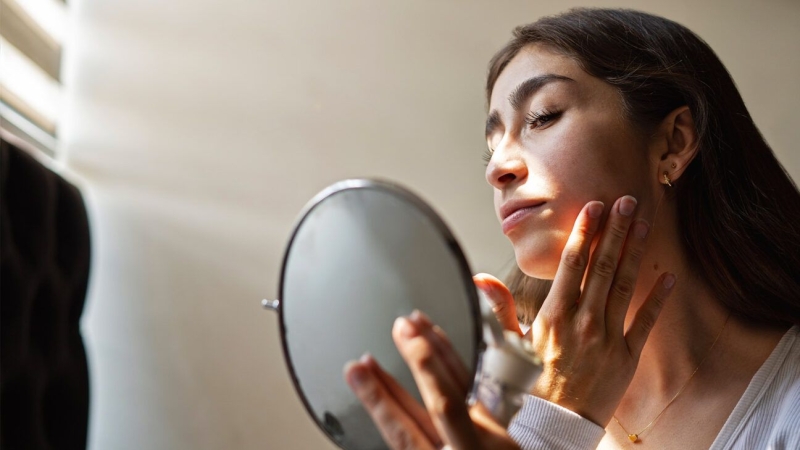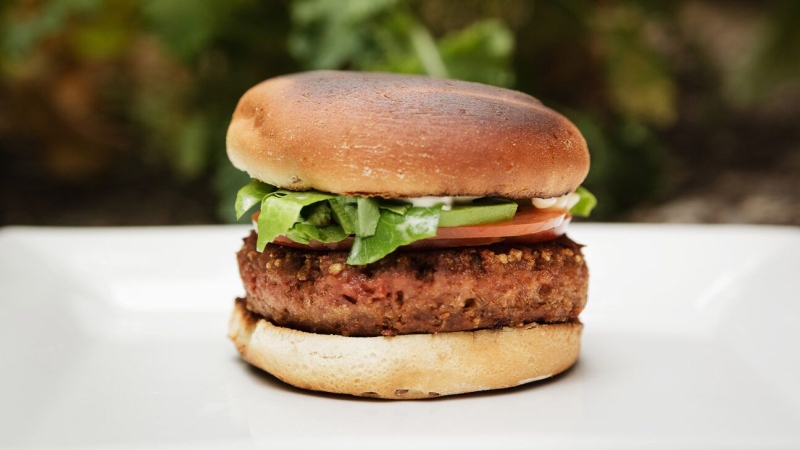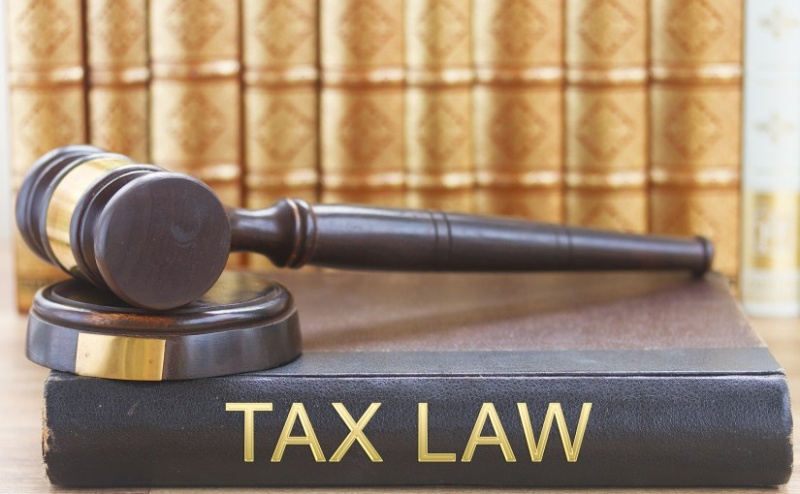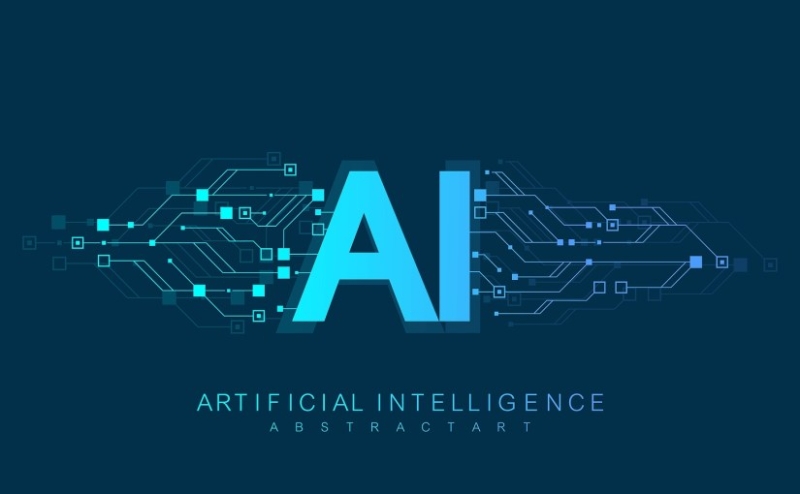
- Paris Hilton is opening up about her journey to being diagnosed and living with ADHD.
- She is speaking out to help break the stigma surrounding neurodivergence.
- Hilton hopes by hearing her story, others will feel less alone.
Paris Hilton has a lot behind her iconic name: socialite, model, singer, actress, media personality, and businesswoman — including CEO of her next-gen media company, 11:11 Media, and her nonprofit, 11:11 Media Impact.
In recent years, she’s added another title to that list that’s especially close to her heart: ADHD advocate.
Diagnosed with ADHD as an adult, Hilton is open about navigating life with a neurodiverse brain on social media, during interviews, and even while she sings. Her latest album includes a song titled, “ADHD,” with the following lyrics:
In an effort to help further increase awareness, Hilton recently partnered with Understood.org to provide resources to women and children with ADHD on how to navigate life, work, and health. This year, for ADHD Awareness Month, the non-profit will take over Hilton’s social media channels to provide content featuring expert-vetted tips and research.
“While I have the platform to shine a light on living with ADHD, they’re creating resources and communities for people, especially women and children, to feel supported,” Hilton told Healthline. “I love that their mission is all about empowering people to embrace their unique strengths. Together, we’re working to help break the stigma around ADHD and make sure no one feels alone in their journey.”
Below, Hilton shared more with Healthline about living with ADHD, how it’s her superpower, and what she wants others to understand about the condition.
Can you tell us a little bit about your journey to being diagnosed with ADHD?
Hilton: I was diagnosed much later in life, which, looking back, explains a lot of what I went through as a child and teenager. Growing up, I struggled to focus in school and found it hard to fit into the traditional learning environment. I felt misunderstood, and it created this feeling that something was “wrong” with me when, in reality, my brain just works differently. Once I was diagnosed, my life became so much easier because I was able to implement tools that have helped me thrive!
Can you share some treatments, methods, and/or self-care practices that help you manage ADHD?
One of my favorite tools is turning everything into audio — it helps me stay engaged without feeling overwhelmed by written text. I also break tasks into smaller, manageable steps so I don’t feel like I’m tackling everything all at once. Surrounding myself with a supportive team who understands how I work has also been a huge help. I truly believe it is just as important for the individual living with ADHD and the people around them to educate themselves. And then there’s self-care — I have a very structured skin care routine at night that helps me quiet my mind. I find routines really help soothe the brain and provide structure to the end of my day.
How is ADHD your superpower?
I call ADHD my superpower because it’s what makes me who I am! My brain doesn’t think in a straight line — it zigzags, and that’s allowed me to see things from angles other people might not. It’s why I’ve been able to spot trends early, push boundaries, and build my career in unexpected ways. When I’m passionate about something, I can hyper-focus and throw myself into it completely, which is how I’ve achieved a lot of success. ADHD gives me creativity, resilience, and the ability to think outside the box — qualities I consider my greatest strengths.
What do you think is the biggest misunderstanding about people living with ADHD?
I think one of the biggest misunderstandings is that people with ADHD are just distracted or incapable of focusing, which couldn’t be further from the truth. ADHD isn’t about being lazy or unmotivated; in fact, we can be incredibly driven and productive when something interests us. People often don’t realize how much effort it takes to manage the constant mental noise and energy that comes with ADHD. It’s exhausting at times, but it doesn’t mean we’re any less capable.
What do you wish more people understood about living with ADHD?
I wish people understood that ADHD doesn’t define us by our challenges; it actually gives us unique strengths. Yes, it comes with difficulties — like managing distractions and feeling overwhelmed — but it also comes with incredible gifts like creativity, empathy, and the ability to think differently. I want people to see that ADHD isn’t something to be fixed; it’s something to be embraced. I hope more people recognize that neurodivergence adds value to the world, not something to hide.
By sharing your experience with ADHD, do you hope to help break the stigma and help others?
Absolutely! That’s one of the main reasons I wanted to share my story with ADHD — it’s not something I used to talk about because of the stigma, but I’ve come to realize how important it is for people to know they’re not alone. So many people — especially women — are undiagnosed or misunderstood, and I want to help change that narrative, so I wrote my song “ADHD” on my new album INFINITE ICON. If even just one person feels seen and understood because of my story, then it’s all worth it. Shifting the narrative — not just for myself, but for anyone who’s ever felt like their differences were a disadvantage. “ADHD” is my way of saying that it’s okay to be different, and in fact, it’s those differences that can make you unstoppable.
Is there anything else you’d like to say?
I just want to remind anyone living with ADHD — or any other challenge — that you are not defined by your diagnosis. ADHD is my superpower, and I do not believe it limits your potential; it unlocks new possibilities. Never be afraid to ask for help or create your own path. We’re all in this together. Keep “sliving!”




